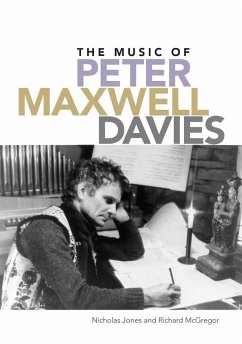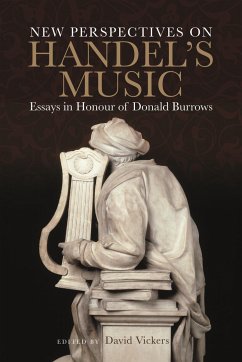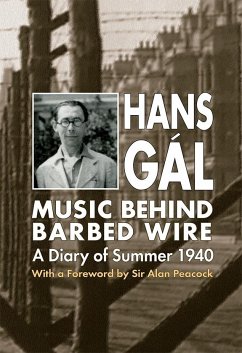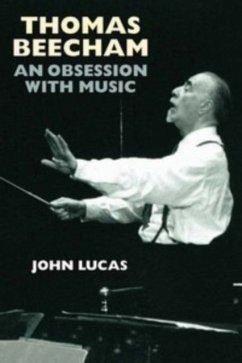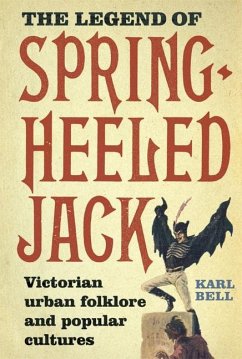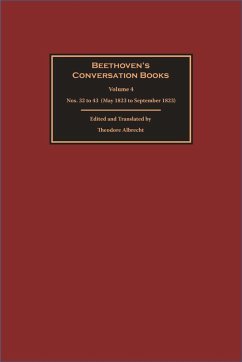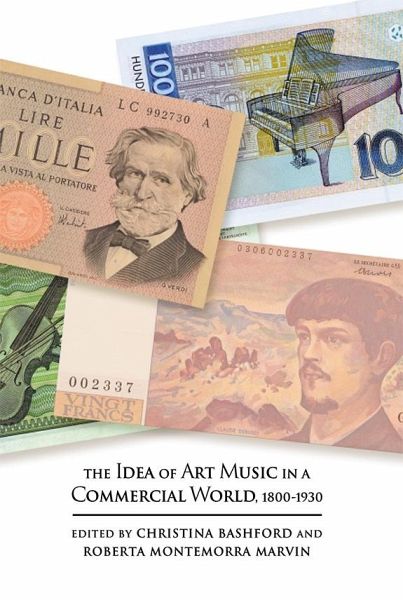
The Idea of Art Music in a Commercial World, 1800-1930
Versandkostenfrei!
Versandfertig in über 4 Wochen
166,99 €
inkl. MwSt.

PAYBACK Punkte
83 °P sammeln!
Art and money, culture and commerce, have long been seen as uncomfortable bedfellows. Indeed, the connections between them have tended to resist full investigation, particularly in the musical sphere. The Idea of Art Music in a Commercial World, 1800-1930, is a collection of essays that present fresh insights into the ways in which art music, i.e., classical music, functioned beyond its newly established aesthetic purpose (art for art's sake) and intersected with commercial agendas in nineteenth- and early twentieth-century culture. Understanding how art music was portrayed and perceived in a ...
Art and money, culture and commerce, have long been seen as uncomfortable bedfellows. Indeed, the connections between them have tended to resist full investigation, particularly in the musical sphere. The Idea of Art Music in a Commercial World, 1800-1930, is a collection of essays that present fresh insights into the ways in which art music, i.e., classical music, functioned beyond its newly established aesthetic purpose (art for art's sake) and intersected with commercial agendas in nineteenth- and early twentieth-century culture. Understanding how art music was portrayed and perceived in a modernizing marketplace, and how culture and commerce interacted, are the book's main goals. In this volume, international scholars from musicology and other disciplines address a range of unexplored topics, including the relationship of sacred music with commerce in the mid nineteenth century, the role of music in urban cultural development in the early twentieth, and the marketing of musical repertories, performers and instruments across time and place, to investigate what happened once art music began to be understood as needing to exist within the wider framework of commercially oriented culture. Historical case studies present contrasting topics and themes thatnot only vary geographically and ideologically but also overlap in significant ways, pushing back the boundaries of the 'music as commerce' discussion. Through diverse, multidisciplinary approaches, the volume opens up significant paths for conversation about how musical concepts, practices and products were shaped by interrelationships between culture and commerce.



